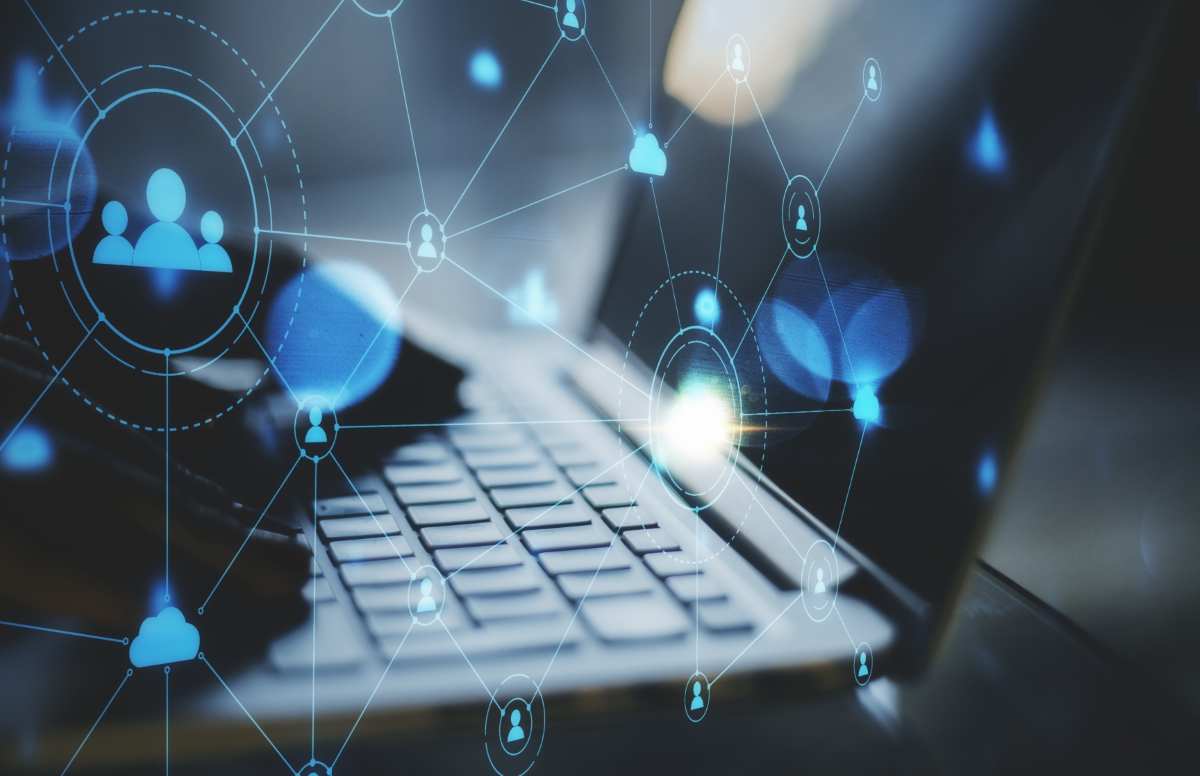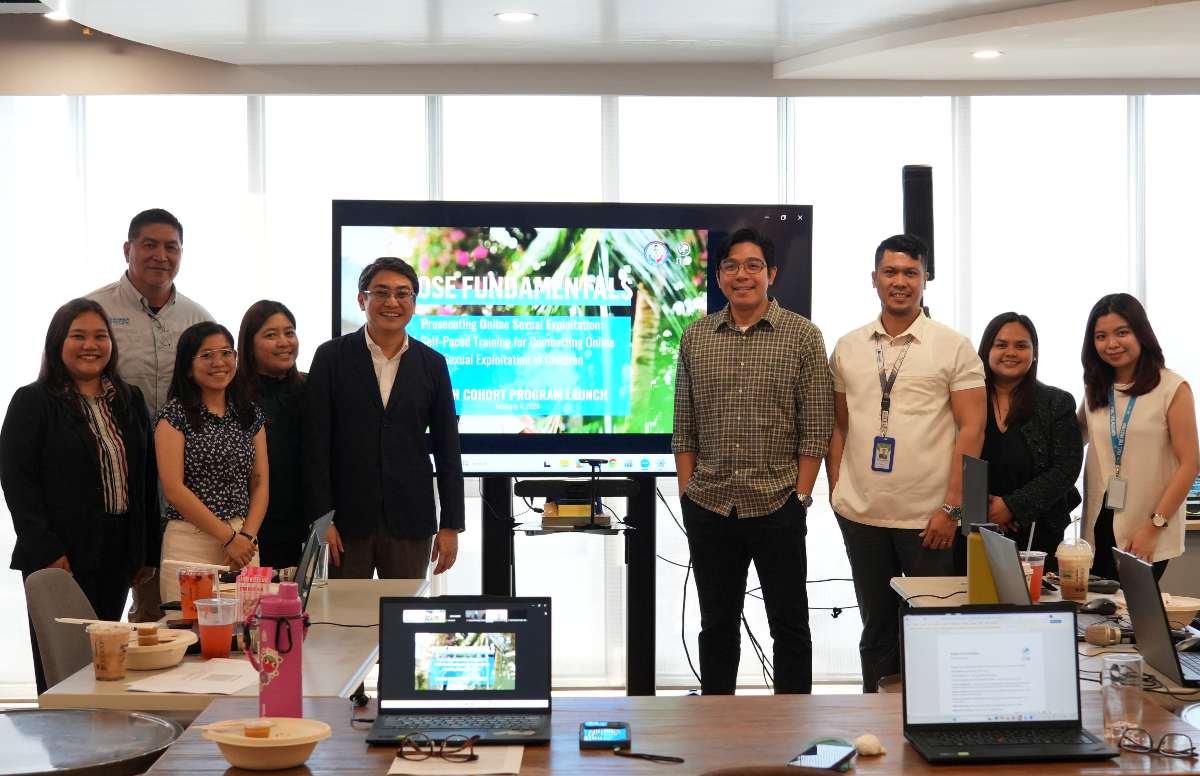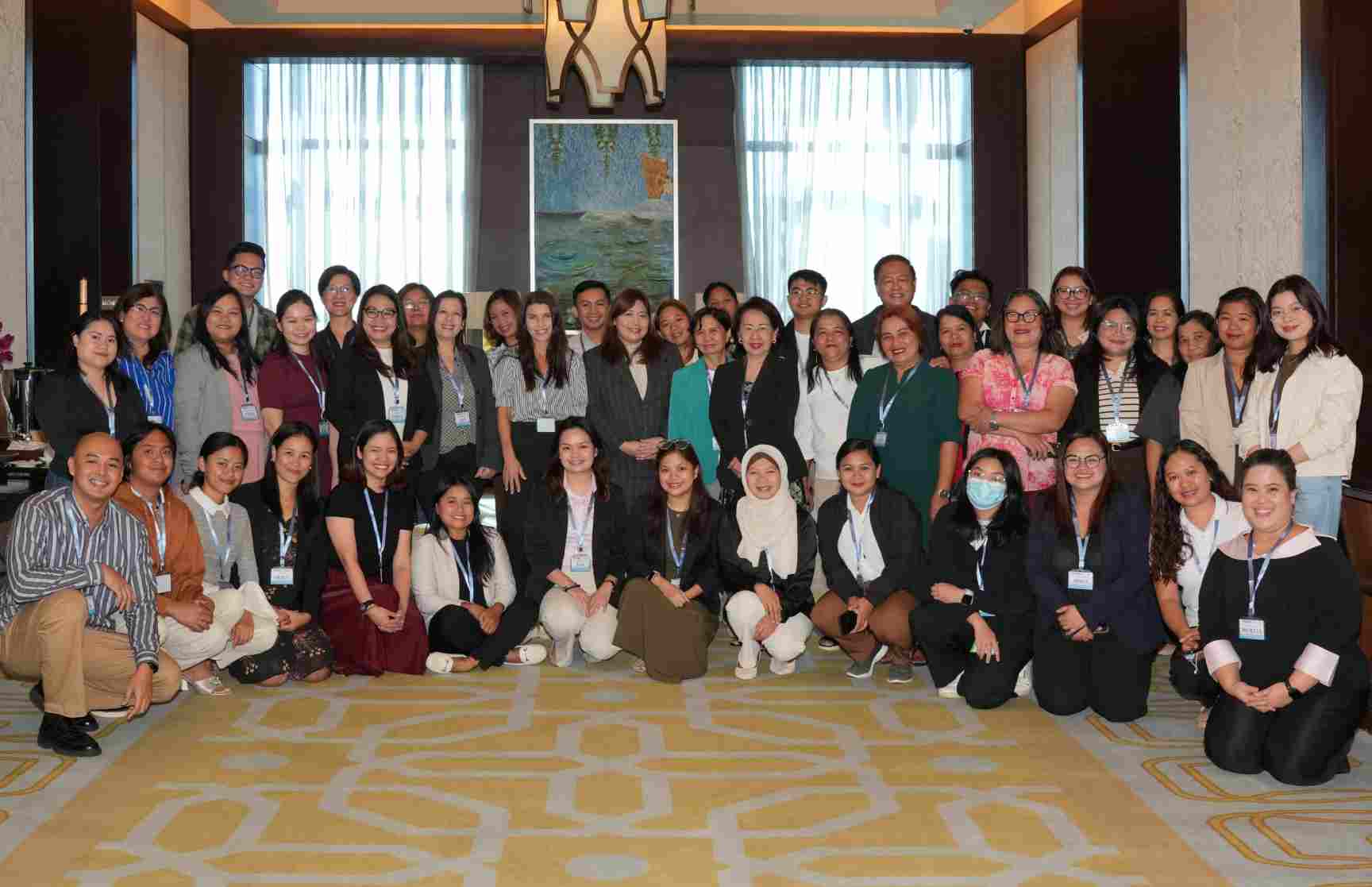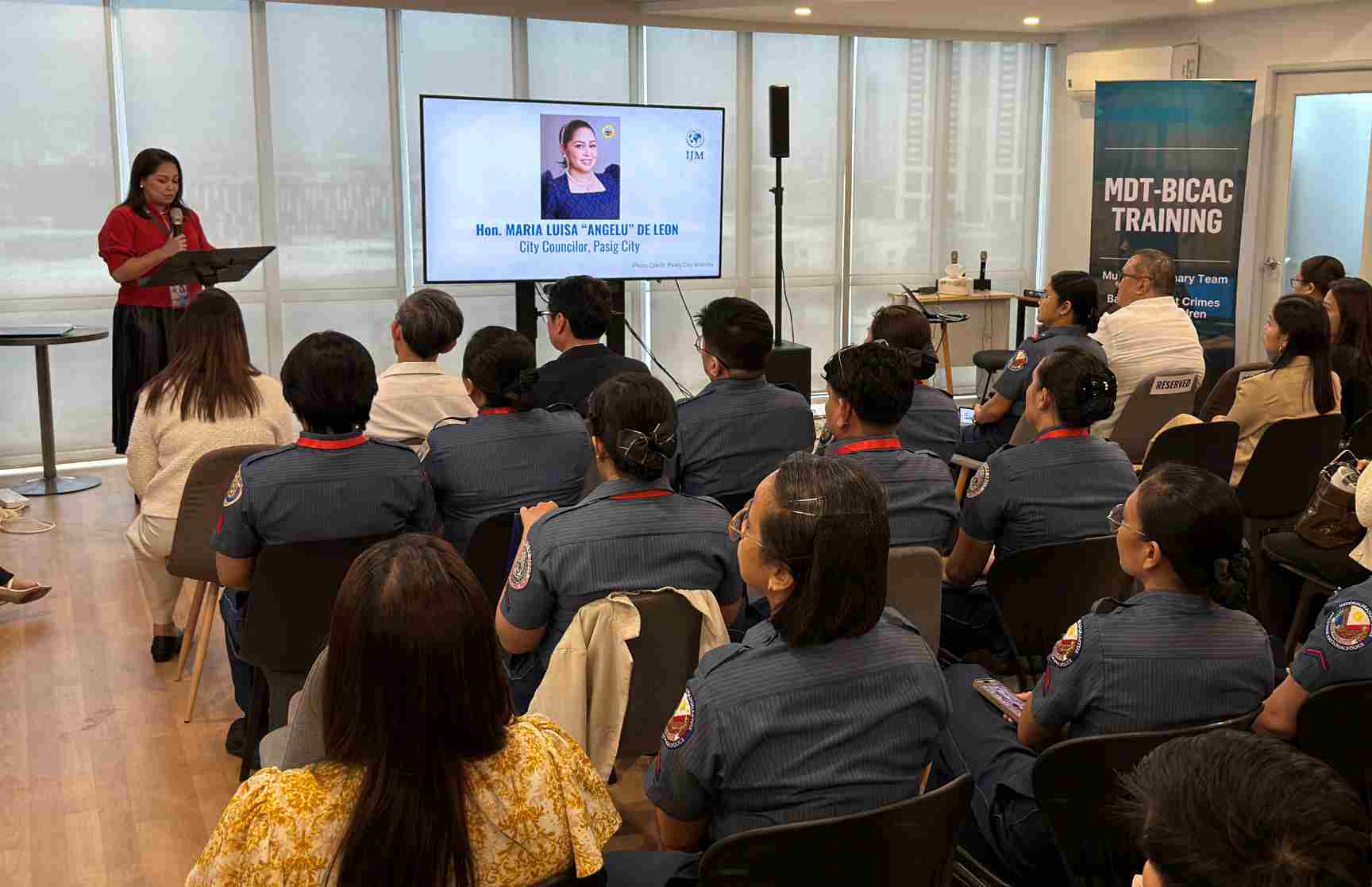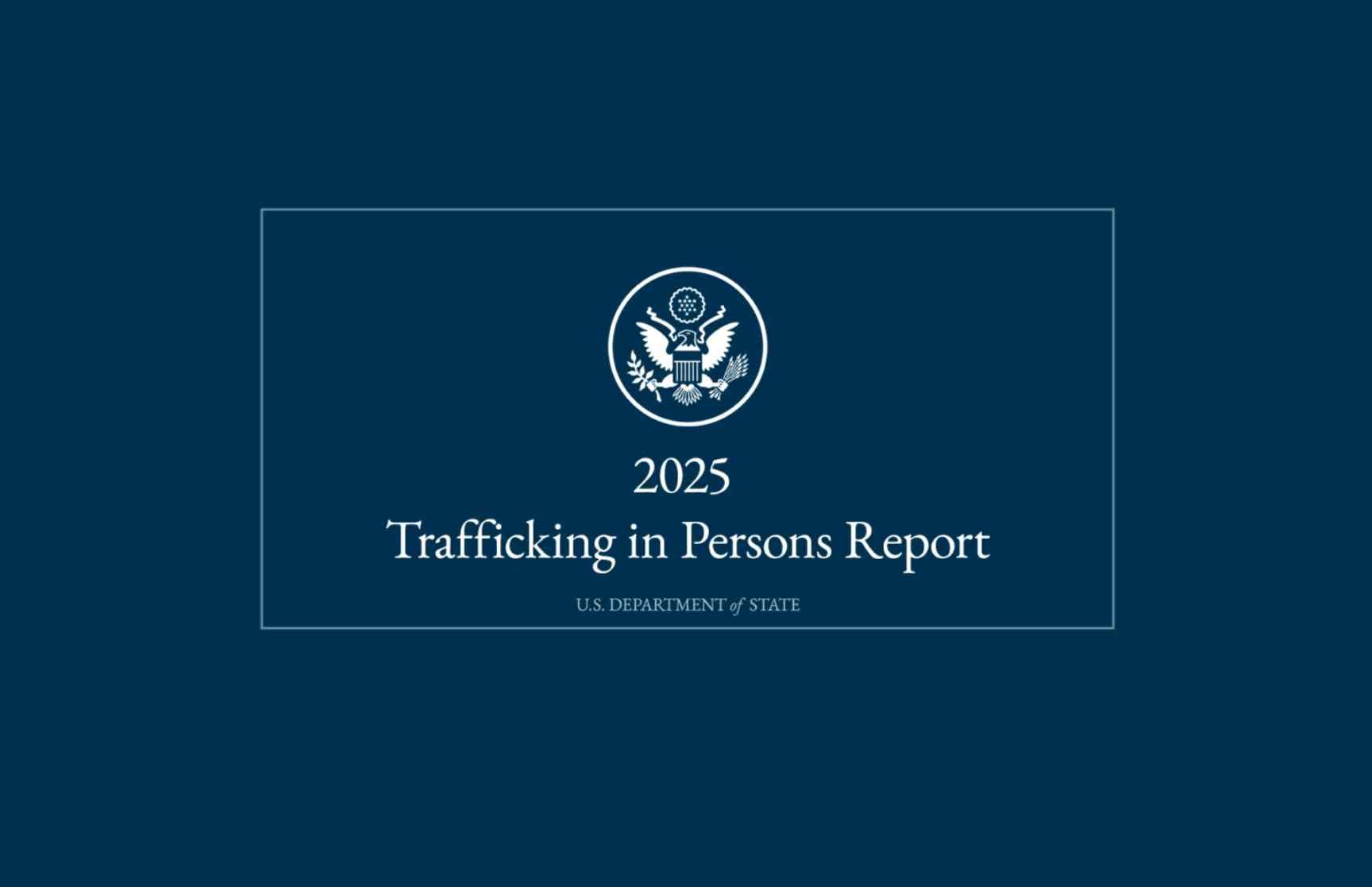
The Trafficking-in-Persons Report (TIP Report) was released by the United States Office to Monitor and Combat Trafficking in Persons (TIP Office) report late September 2025.
Tier 1 status retained
The Philippines continues to fully meet the minimum standards for the elimination of trafficking, reflecting serious and sustained efforts during the reporting period.
The Philippines has maintained its ranking for 10 straight years, but gaps remain in the work against trafficking. Tech-enabled crimes remain stubbornly persistent.
Advancements in law enforcement work
The Philippines section of the report commends the Philippine government for increased law enforcement efforts against sex trafficking and labor trafficking, and for prescribing “sufficiently stringent” penalties for offenses.
The report highlights that “NBI and PNP led the government’s investigative efforts and the Department of Justice (DOJ) led prosecutorial operations through 25 interagency anti-trafficking task forces (five national task forces, six air and seaport task forces, and 14 regional task forces focused on online child sexual exploitation and trafficking).”
In addition, “[t]he government, in partnership with NGOs and foreign governments, trained front-line officials, prosecutors, judges, and other government personnel on various topics, including investigative techniques and victim identification.”
Child-protective approaches noted
The report also affirms that the Philippine criminal justice system is survivor-centered and victim-sensitive and trauma-informed, noting that "The government used financial and digital evidence to prove trafficking and OSAEC crimes in court, reducing the reliance on victim testimony and decreasing potential re-traumatization of child victims…Courts frequently used plea bargaining in human trafficking cases, particularly those involving the online sexual abuse or exploitation of children (OSAEC), which significantly decreased the time to reach case resolution and further reduced the potential for re-traumatizing child witnesses in trials, many of which involved traffickers who were family members of the victims.”
IJM has been a part of rolling out child-protective prosecution training through POSE Fundamentals and its VIDI orientation video, launched in June 2025.
The Philippines Internet Crimes Against Children Center, of which IJM Philippines is a member, facilitated cooperation with foreign governments and NGOs, especially on online sexual exploitation of children (OSEC) cases.
Areas in need of more efforts are equipping and training frontliners – prosecutors, law enforcement, and social workers – in investigation and prosecution of trafficking crimes.
Prioritized Recommendations
The first four prioritized recommendations of the TIP report focused on labor trafficking, and the need to boost efforts in investigation and prosecution and to “strengthen capacity of local government units to provide reintegration services for trafficking survivors, including trauma-informed care, job training, and in-country employment.”
“Local governments are the first line of defense against trafficking,” said Atty. Samson Inocencio, IJM Philippines National Director, who was recognized as a TIP Hero in 2024, the highest honor given to anti-trafficking work by the United States State Department.
Local governments are the first line of defense against trafficking.
With regard to the online sexual abuse or exploitation of children, specific recommendations include:
-
Increase support to government programs that provide specialized care for trafficking victims, including child victims of online sexual exploitation.
-
Increase survivor engagement, including by establishing accessible mechanisms for receiving and providing compensation for survivor input when forming policies, programs, and trainings.
(Compensation for survivor input is advocated by IJM in Survivor Engagement Report and in the 2025 Survivor Conference hosted by the Philippine Survivor Network.)
The report also recommends to:
- Create a central database for information on illegal recruiters and human trafficking cases to facilitate interagency coordination in detecting, investigating, and prosecuting traffickers.
The Department of Justice Inter-Agency Council Against Trafficking (DOJ-IACAT) has one such project in the works – the IACAT ProtectPortal, a central database, one source of truth for trafficking data, which was launched in September 2025.
Atty. Rosemarie Ayos-Lujero, Senior Lead of Monitoring, Evaluation, Research, and Learning (MERL) at IJM Philippines, notes that “As early as 2019, the U.S. Trafficking in Persons (TIP) Report underscored the need to implement comprehensive, unduplicated data collection across agencies. This call was reiterated in the 2020 and 2021 TIP Reports, which emphasized the importance of “creating a central database for information on illegal recruiters and human trafficking cases to facilitate interagency coordination in detecting, investigating, and prosecuting traffickers.”
According to Atty. Ayos-Lujero, “These recommendations, coupled with the mandate under the Philippine Anti-Trafficking in Persons Act, paved the way for the development of the IACAT: ProtectPortal. The portal is the result of years of groundwork, research, platform development, and rigorous testing. Its official launch on September 25, 2025, stands as a testament to the Inter-Agency Council Against Trafficking (IACAT) and International Justice Mission’s (IJM’s) unwavering commitment to supporting the Philippine government in closing systemic gaps and delivering innovative solutions.”
The IACAT: ProtectPortal is envisioned to be more than a central database, but rather a powerful tool for combatting trafficking-in-persons. “At its foundational stage, the IACAT: ProtectPortal focuses on bridging data gaps in law enforcement processes—specifically investigation, prosecution, trial, and appeal,” Atty. Ayos-Lujero says. “With continuous development and full government support, I am confident that it will eventually address other critical TIP data concerns, including referral mechanisms and victim-survivor case management.”
Global trends in technology and trafficking
The main section of the TIP report highlights global trends in technology and trafficking, underscoring how technology is used as a facilitator of trafficking, especially in child abuse crimes:
“Traffickers also exploit technological innovations. For example, traffickers have capitalized on the shift to digital communication to increase online commercial sexual exploitation and sex trafficking, including of children.”
The main report also highlighted the role of AI in human trafficking: Traffickers are increasingly using AI to enhance their operations, making exploitation more scalable and harder to detect.
While AI is used by traffickers, it also offers powerful tools to combat trafficking. It can detect harmful content and suspicious activity on digital platforms in real time, support multilingual awareness campaigns, and trace the origin of manipulated media. AI also helps law enforcement analyze online sex ads, identify trafficking patterns, and process digital evidence more efficiently.
The report states that "The path forward requires continuous technological innovation and collaborative efforts, including among technology companies, law enforcement, and anti-trafficking experts. Prioritizing victim protection and technological accountability, we can leverage AI as a powerful tool in combating human trafficking, transforming potential threats into strategic opportunities for intervention to reduce risks, address vulnerabilities, and prevent the crime."
The path forward requires continuous technological innovation and collaborative efforts, including among technology companies, law enforcement, and anti-trafficking experts.
OSAEC: a stubbornly persistent crime
Despite being in Tier 1 for 10 years, tech-based crimes such as online scams and the online sexual abuse of children persist. A 2022 prevalence study by IJM and the University of Nottingham Rights Lab – Scale of Harm –estimated that nearly half a million Filipino children—approximately 1 in 100—were trafficked to produce child sexual exploitation materials for profit.
Our next steps: Strengthening the criminal justice system and engaging fintech
The financial sector holds the power to disrupt the payment streams that fuel online sexual exploitation of children," says Atty. Lawrence Aritao, Director of Financial and Technology Engagement at International Justice Mission Philippines. “OSEC thrives on small, rapid transactions that can slip through traditional anti-money laundering thresholds. To protect children, given the scale of the crime today, real-time detection and proactive intervention are an urgent course of action.”
To protect children, given the scale of the crime today, real-time detection and proactive intervention are an urgent course of action.
Along with this, “we need to create improved performance and capacity in the Philippine criminal justice system at local and national levels,” Atty Noel Eballe, Director of National Advocacy explains. “We are also working closely with select localities to reduce prevalence by strengthening government response and the implementation of the law with regard to OSAEC.”
